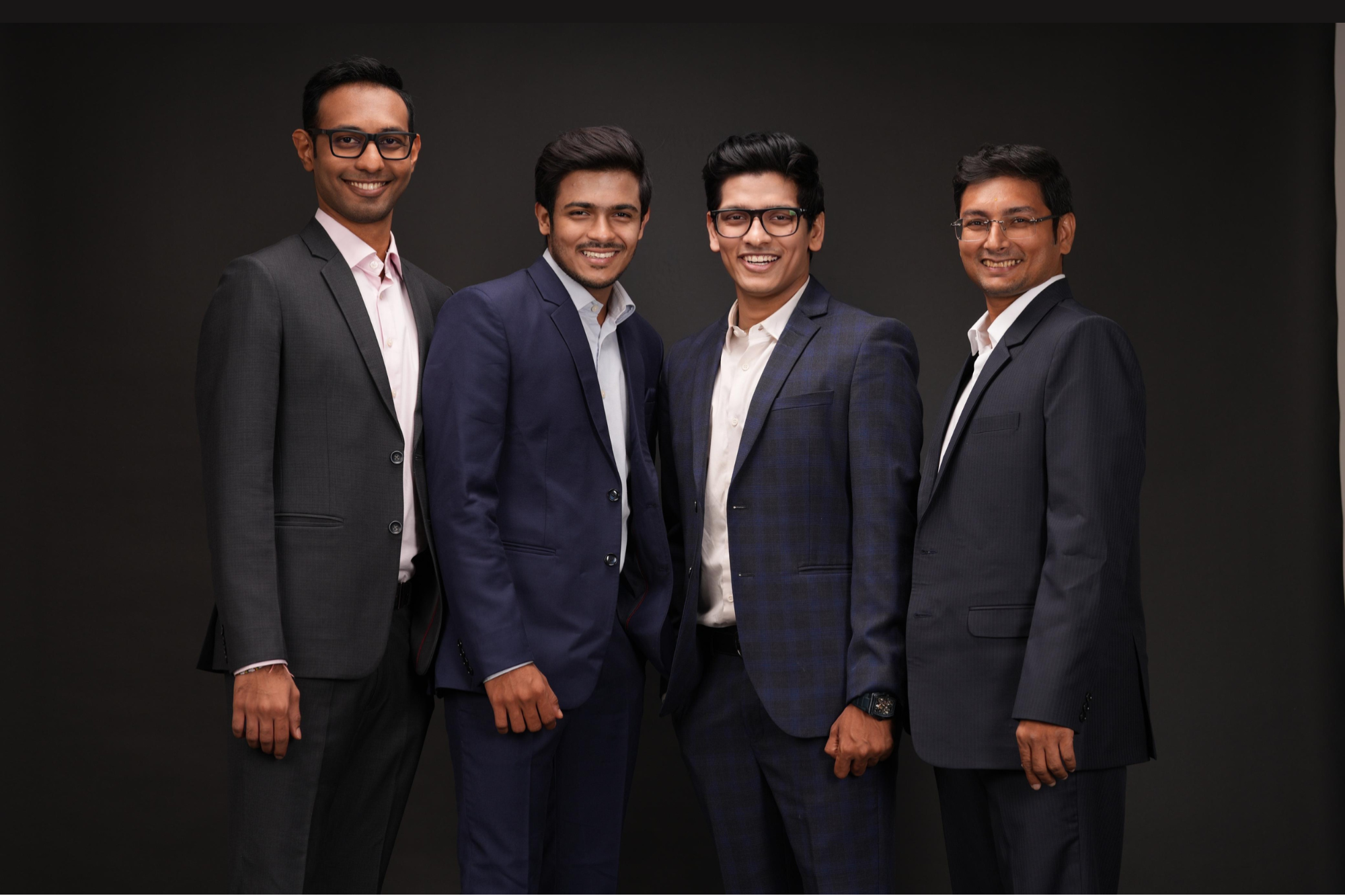'Indian Entrepreneur Must Not Depend on the Government' Subramanian Swamy bats for liberal policies for SMEs; says most important thing for India is innovation.
By Aashika Jain
You're reading Entrepreneur India, an international franchise of Entrepreneur Media.
The one man who is known countrywide for speaking his mind is Subramanian Swamy.
An Indian economist and the Member of the Indian Parliament, Swamy has been the National Executive member of India's ruling political party Bharatiya Janata Party along with serving as a member of the Planning Commission of India. Swamy was one of the founding members of the Janata Party and served as its president till 2013.
He has a PhD in economics from Harvard University and has served as faculty of economics at many institutes.
In an interview with Entrepreneur, Swamy spoke about why Indian businesses aren't able to run without cutting corners and why the government must provide an olive branch of small and medium enterprises.
Interest Rates Too High
Swamy believes India's interest rates are too high and enterprises can't run a business in India with this kind of interest rates unless they cut corners at some place or the other.
"We need a much more positive way of dealing with people who take loans for building assets. We should not be so strict in these matters. In the case of Mallya, it was case of reckless disregard of the trust that was placed on him. I am talking about SMEs."
He also thinks it is not wise to reschedule loans. "My view is that if the interest rates are brought down to 9 per cent then many of these things won't happen," Swamy said.
Government's Focus Must Primarily Be on SMEs
Swamy said the focus of the government's economic policy should be primarily on SMEs and agriculture, where India has a huge comparative advantage in trade. We need to negotiate with the WTO on market access believes Swamy.
"As far as big industrialists are concerned, they have access to much cheaper capital abroad. It's really the SMEs who depend on money from within. So, we need much more liberal policy for SMEs and the agriculture sector."
Western societies are interested in liquidity while India doesn't have that problem believes Swamy. He says small and medium industry entrepreneur, who provides about 60 per cent of employment in the country, must get different norms from the Basel norms.
Indian Entrepreneur Must Not Depend on the Government
I would not like the Indian entrepreneur to depend on the government at all says Swamy.
"Governments should get out of the way. The most important thing for India is innovation. And Indians are very bright people; they go abroad and demonstrate their capacities. We must focus on solving existing problems with the help of innovation."
Swamy calls India a bit risk-averse and says unless we become risk takers, we can't achieve progress.












